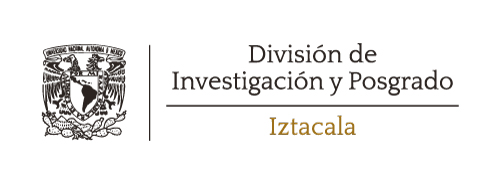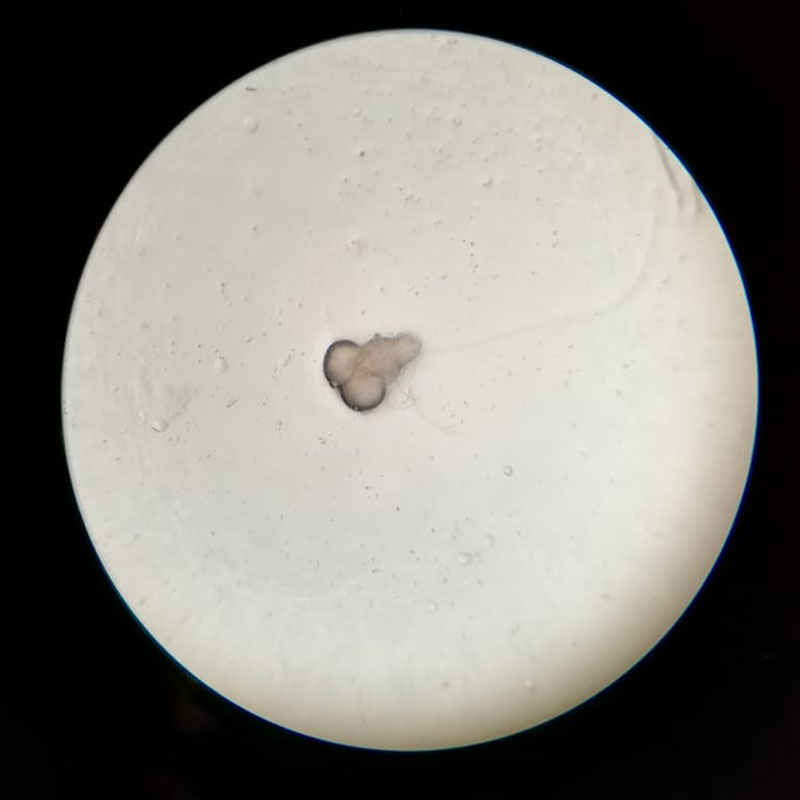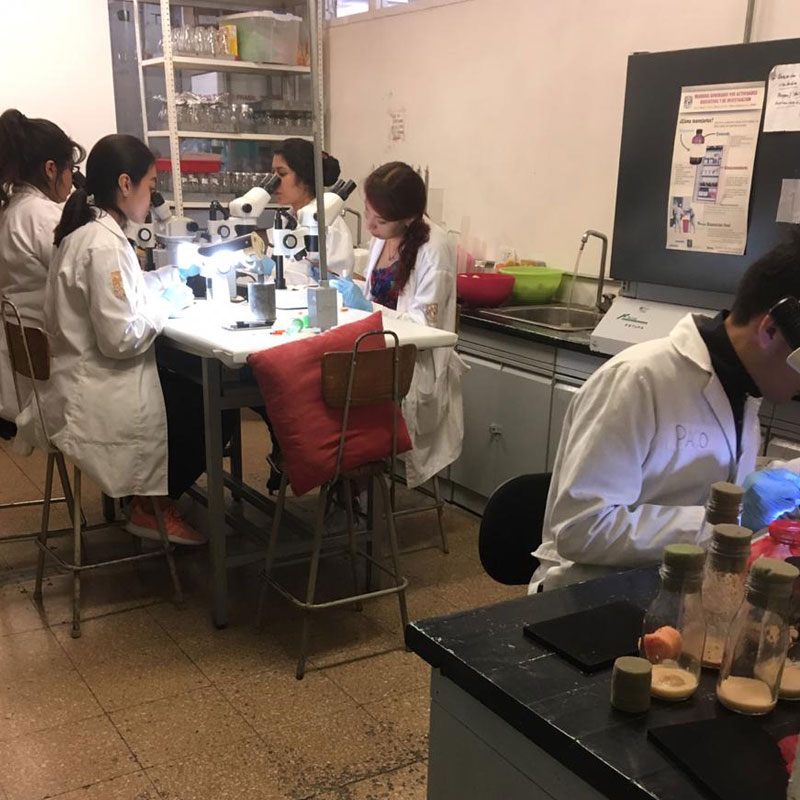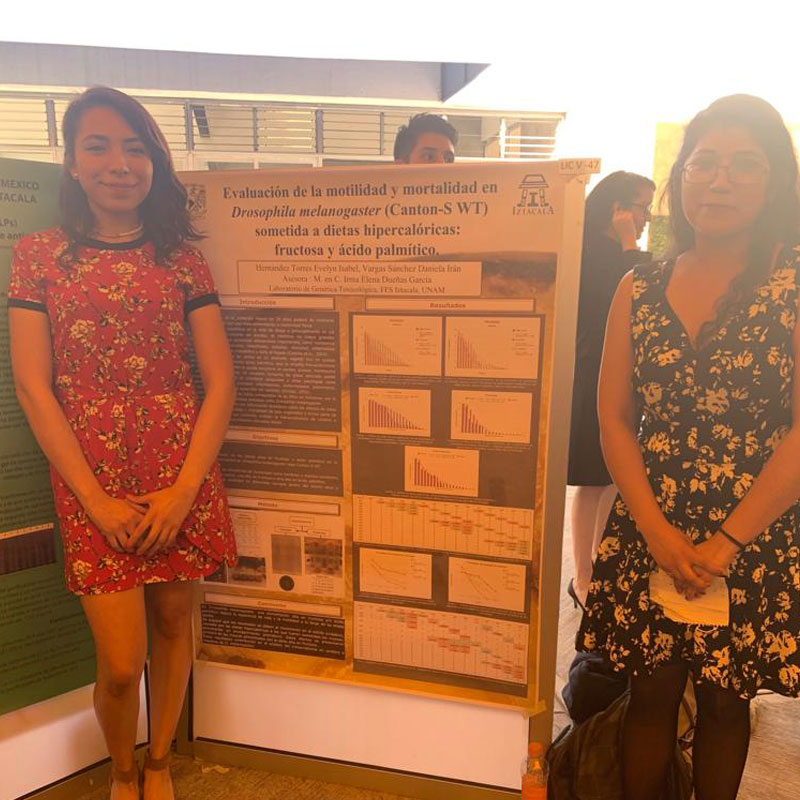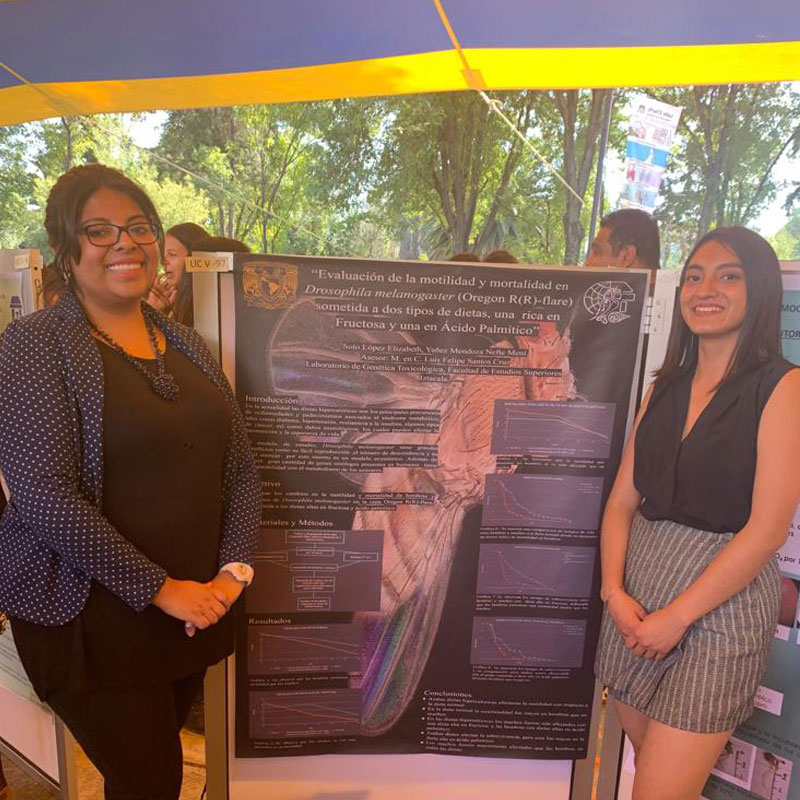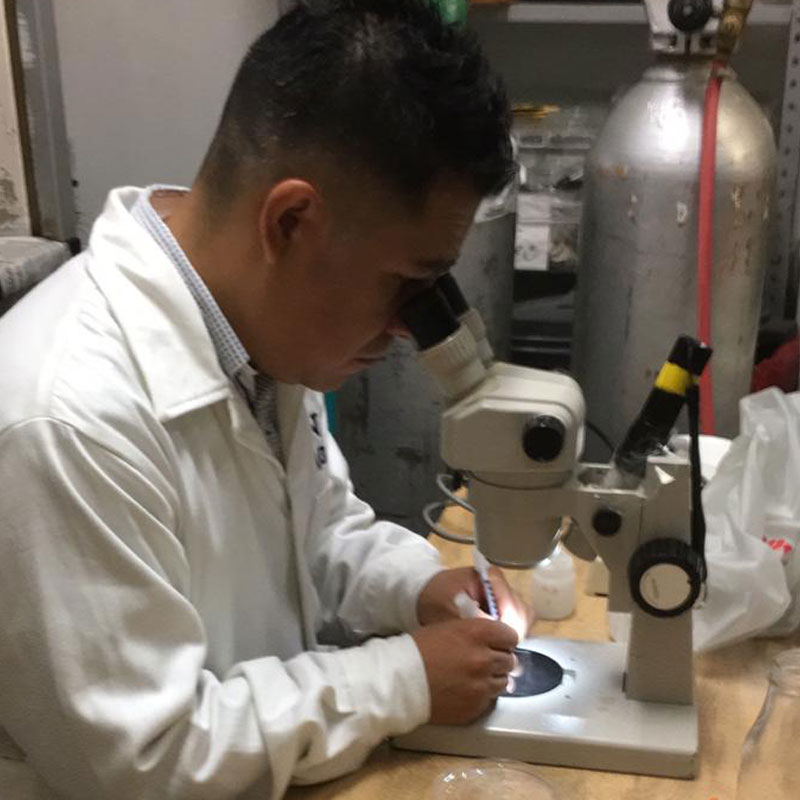
| Location within campus: | Building L-5, L-503 First Floor |
| Phone: | 55 5623-1249 |
| Head of Laboratory: | M. Sc. María Eugenia Isabel Heres y Pulido Full Professor eugeniaheres@hotmail.com |
| Researchers affiliated to the laboratory: | M. Sc. Irma Elena Dueñas García iduenasg@gmail.com M. Sc. Luis Felipe Santos Cruz neladiaem@gmail.com |
| Technicians affiliated to the laboratory: | M. Sc. Ma de J Laura Castañeda Partida quirros@hotmail.com |
| Research lines per researcher: | Genotoxicity or antigenotoxicity of different chemical compounds of natural or synthetic origin, by means of the SMART test in the Drosophila melanogaster wing, crosses standard (ST) with regulated and high bioactivation (HB) CYP450s with high synthesis of this enzyme complex. |

Cyp450, H99, HSPs and DmP53 gene transcription levels in larvae of two strains of Drosophila melanogaster, treated with zearalenone. 2. Evaluation with SMART in the wing of Drosophila melanogaster, of the possible modulatory effect of resveratrol in co-treatment with nicotine. 3. Evaluation of the possible genotoxic effect of quercetin and two of its derivatives in D. melanogaster with the wing somatic recombination and mutation test (SMART).
4. Evaluation in larvae of 96 ± 4 h of two strains of D. melanogaster, which differ in the generation of reactive oxygen species (ROS), physiological modifications (weight; development; level of glucose, TG, uric acid, lipids and EROs) and transcriptional expression (RNAseq) of the nervous, fatty and intestinal tissues, of both strains, treated with hypercaloric diets rich in fructose, AP and a fructose + AP mixture.

1). Castañeda-Partida L, Heres-Pulido ME, Guzmán-Rincón J, Hernández-Portilla LB, Dueñas-García IE, Durán-Díaz A, Delfín-Alcalá I. (2011). Lead acetate does not inhibit dimethylnitrosamine activation and interacts with phenobarbital which is genotoxic in the ST cross of the Drosophila wing spot test. Food Chem Toxicol, 49, 2172-2179. doi: 10.1016/j.fct.2011.06.002.
2). Dueñas-García IE, Santos-Cruz LF, Castañeda-Partida L, Castañeda-Sortibrán AN, Ordaz-Téllez MG, Sánchez-Santos A, Durán-Díaz A, Rodríguez-Arnaiz R, Heres-Pulido ME. (2012). Interactions of sulforaphane and dimethyl sulfoxide with methyl methanesulfonate, urethane, 4-nitroquinoline-1-oxide and hydrogen peroxide in the Drosophila melanogaster wing spot test. Food Chem Toxicol, 50, 4479-4486. doi: 10.1016/j.fct.2012.09.003.
3). Santos-Cruz LF, Ávila-Acevedo JG, Ortega-Capitaine D, Ojeda-Duplancher JC, Perdigón-Moya JL, Hernández-Portilla LB, López-Dionicio H, Durán-Díaz A, Dueñas-García IE, Castañeda-Partida L, García-Bores AM, Heres-Pulido ME. (2012). Verbascoside is not genotoxic in the ST and HB crosses of the Drosophila wing spot test, and its constituent, caffeic acid, decreases the spontaneous mutation rate in the ST cross. Food Chem Toxicol, 50, 1082-1090. doi: 10.1016/j.fct.2011.12.006.
4). Dueñas-García I.E., Heres-Pulido M.E., Arellano-Llamas M.R., De la Cruz-Núñez J., Cisneros-Carrillo V., Palacios-López C.S., Acosta-Anaya L., Santos-Cruz L.F., Castañeda-Partida L., Durán-Díaz A. (2017). Lycopene, resveratrol, vitamin C and FeSO4 increase the damage produced by the pro-oxidant carcinogen 4-nitroquinoline-1-oxide in Drosophila melanogaster: Xenobiotic metabolism implications. Food Chem Toxicol, 103, 233-245. doi: 10.1016/j.fct.2017.02.007.
5). Santos-Cruz LF, Ramírez-Cruz BG, García-Salomé M, Olvera-Romero ZY, Hernández-Luis F, Hernández-Portilla LB, Durán-Díaz Á, Dueñas-García IE, Castañeda-Partida L, Piedra-Ibarra E, Mendoza-Martínez C, Heres-Pulido ME. (2019). Genotoxicity assessment of four novel quinazoline-derived trypanocidal agents in the Drosophila wing somatic mutation and recombination test. Mutagenesis, doi: 10.1093/mutage/gez042.

| Entry profile of potential thesis students: | Responsible 7th and 8th semester students who undertake to carry out their LIC VII and LIC VIII or interns, of the Bachelor of Biology or related. Reading and comprehension of English, manual skills and computer tools, use of the microscope and laboratory equipment. Availability to carry out activities during open hours. They will be trained in the cultivation and maintenance of Drosophila melanogaster strains. |
| Service Social Data: | Toxicological Genetics Key 2020-12 / 63-69. The Social Service consists of adhering to one of the research projects and supporting it by assigning a specific routine work and / or complementary research, which can be practical, bibliographic research, development or implementation of techniques and collaboration in preparation of culture media, among others. They can join from the 5th semester. |
